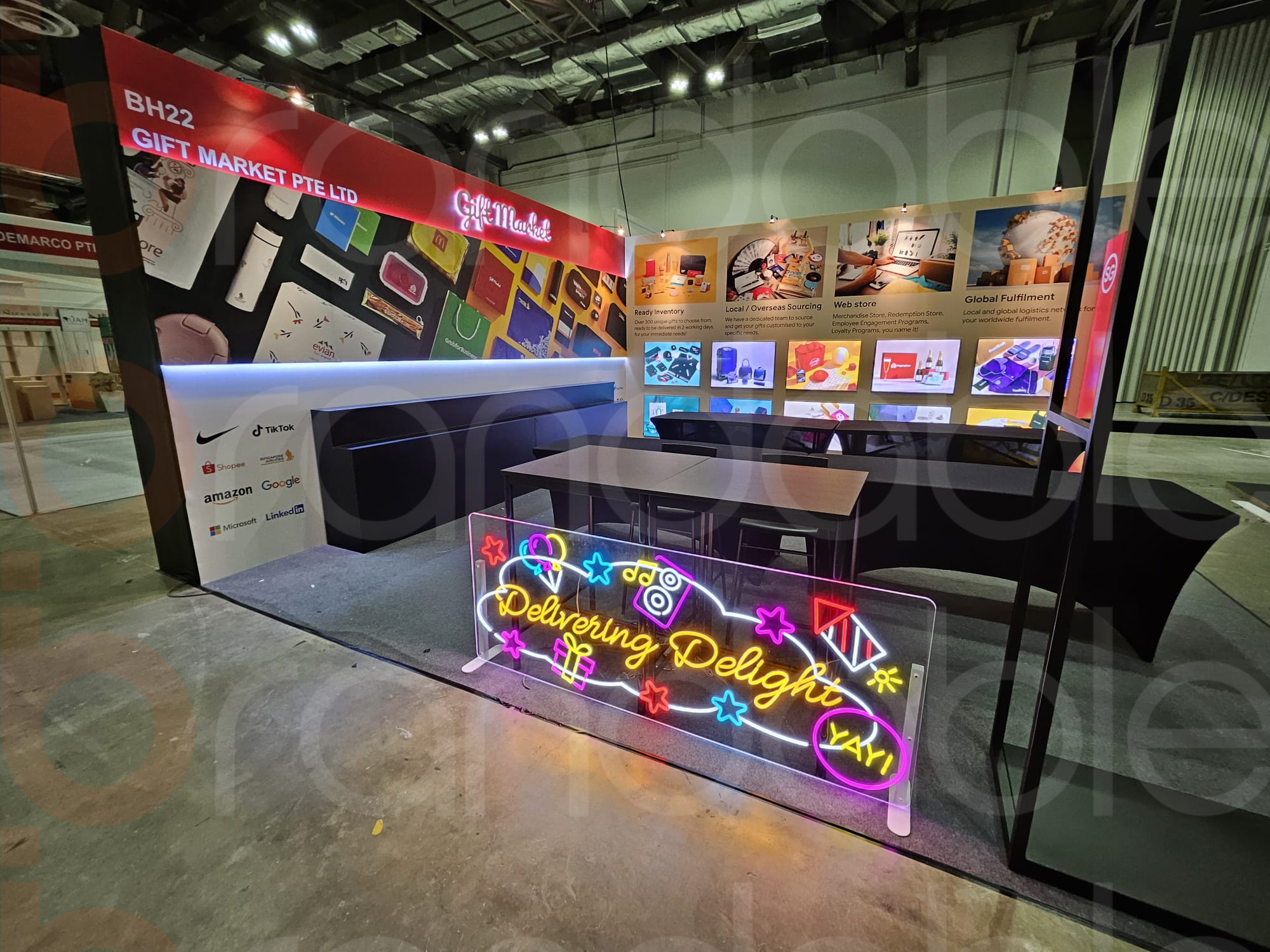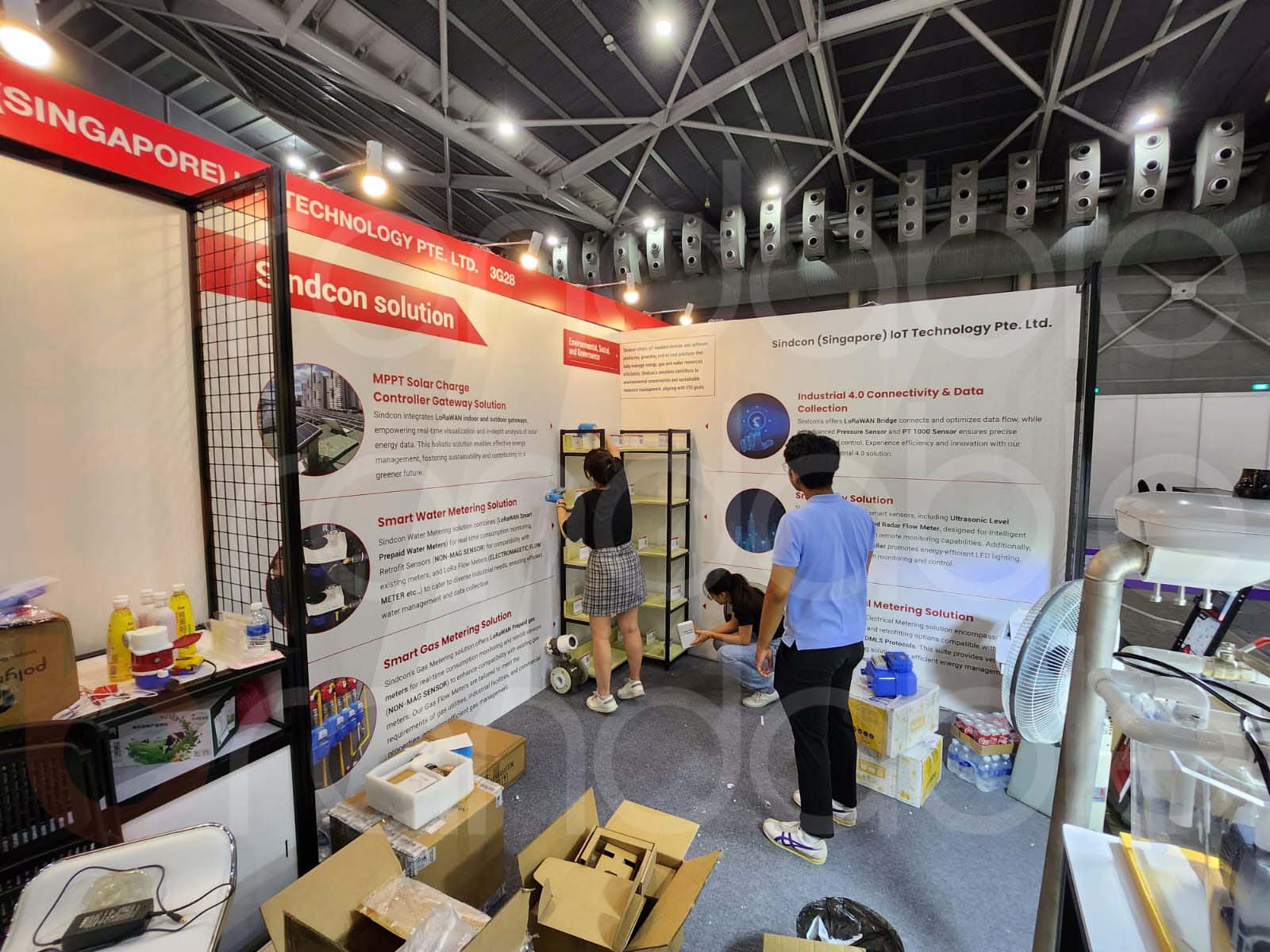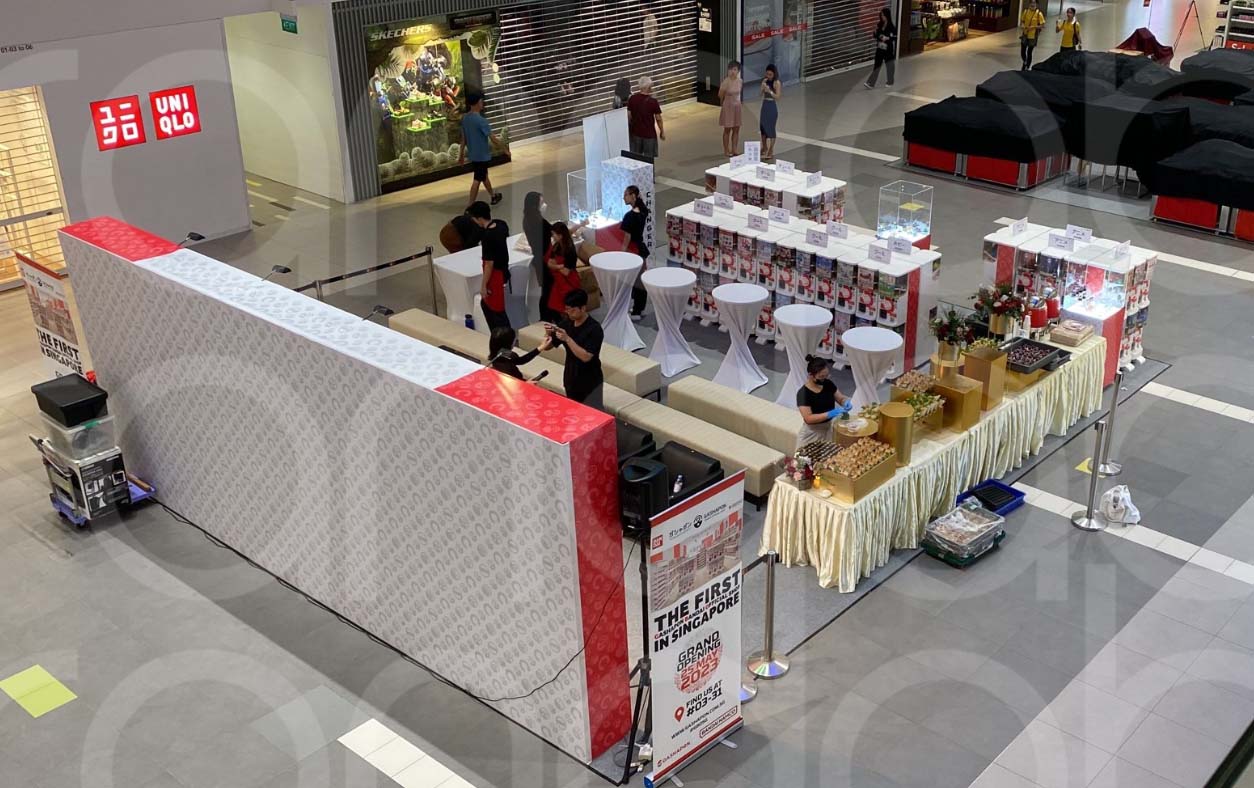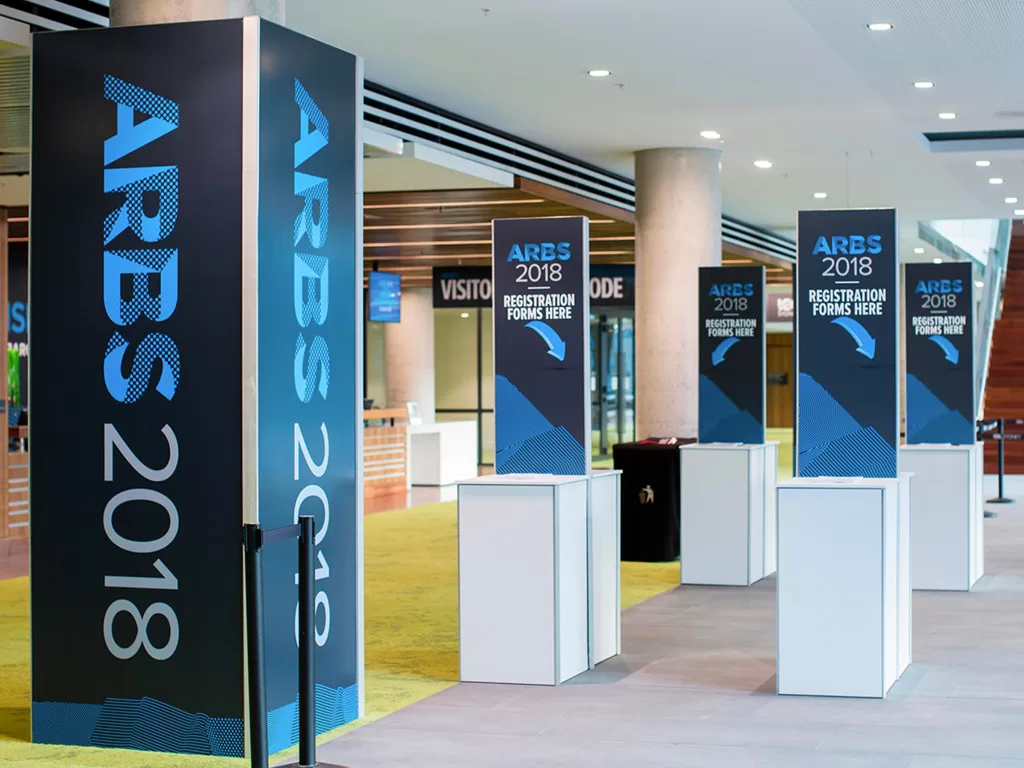Event planning is a complex and challenging task that requires a great deal of organization, attention to detail, and creativity. Whether you are planning a small gathering or a large-scale event, mastering the art of event planning can help you create memorable and successful events that meet your goals and exceed your expectations.
To begin mastering the art of event planning, it is important to understand the key elements that go into planning a successful event. This includes identifying your goals and objectives, selecting the right venue and vendors, creating a detailed timeline and budget, and developing a comprehensive marketing and promotional strategy. With these elements in place, you can ensure that your event runs smoothly and achieves its desired outcomes.
Whether you are a seasoned event planner or just starting out in the field, there is always room for improvement and growth. By staying up-to-date on the latest industry trends and best practices, networking with other professionals, and continually refining your skills and techniques, you can become a master of the art of event planning and create truly unforgettable events.
Fundamentals of Event Planning
Event planning is a complex and challenging task that requires careful consideration of many different factors. Successful event planners must be able to manage budgets, coordinate with vendors, and ensure that everything runs smoothly on the day of the event. Here are some fundamental principles that every event planner should keep in mind.
Establishing Goals and Objectives
The first step in event planning is to establish clear goals and objectives. This involves determining the purpose of the event, identifying the target audience, and setting specific goals for attendance, revenue, and other metrics. By establishing clear goals and objectives, event planners can focus their efforts and ensure that everyone involved is working towards the same end.
Budgeting and Financial Planning
Effective event planning requires careful budgeting and financial planning. This involves estimating the costs associated with the event, including venue rental, catering, entertainment, marketing, and other expenses. Event planners must also identify potential sources of revenue, such as ticket sales, sponsorships, and donations. By carefully managing the budget and monitoring expenses, event planners can ensure that the event is financially viable and meets its goals.
Vendor Management
Event planners must work closely with a variety of vendors, including caterers, photographers, entertainers, and others. Effective vendor management involves identifying the right vendors for the event, negotiating contracts and pricing, and coordinating with vendors to ensure that everything runs smoothly on the day of the event. By building strong relationships with vendors and communicating clearly and effectively, event planners can create a successful and memorable event.
Marketing and Promotion
Marketing and promotion are essential components of event planning. Effective marketing involves identifying the target audience, developing a compelling message, and using a variety of channels to reach potential attendees. This may include social media, email marketing, advertising, and other tactics. By developing a comprehensive marketing plan and executing it effectively, event planners can generate buzz and excitement around the event, driving attendance and revenue.
In conclusion, successful event planning requires careful attention to detail, effective communication, and a strong understanding of the goals and objectives of the event. By following these fundamental principles, event planners can create memorable and successful events that meet the needs of their clients and attendees.
Setting Clear Objectives
Setting clear objectives is a crucial step in event planning. Without a clear understanding of what you want to achieve, it is difficult to plan and execute a successful event. Objectives help you stay focused on what is important and guide your decision-making process.
To set clear objectives, it is important to consider the following:
Identify Your Goals
Before you start planning your event, you need to identify your goals. What do you want to achieve with this event? Do you want to raise awareness about a cause, generate leads for your business, or celebrate a milestone? Once you have identified your goals, you can start thinking about how to achieve them.
Define Your Objectives
Once you have identified your goals, it is important to define your objectives. Objectives should be specific, measurable, achievable, relevant, and time-bound. For example, if your goal is to generate leads for your business, your objective could be to collect 100 email addresses from attendees at the event.
Communicate Your Objectives
It is important to communicate your objectives to all stakeholders involved in the event planning process. This includes your team, vendors, sponsors, and attendees. Communicating your objectives ensures that everyone is on the same page and working towards the same goal.
Evaluate Your Objectives
After the event, it is important to evaluate whether your objectives were met. This helps you measure the success of your event and identify areas for improvement. If your objectives were not met, it is important to identify why and make changes for future events.
In conclusion, setting clear objectives is essential for successful event planning. By identifying your goals, defining your objectives, communicating them to stakeholders, and evaluating them after the event, you can ensure that your event is a success.
Budgeting for Your Event
Cost Estimation
Before planning an event, it is essential to have a clear idea of the costs involved. This includes expenses such as venue rental, catering, transportation, decor, and entertainment. To estimate the costs accurately, event planners should research the market rates for each expense and create a detailed budget plan.
One effective way to estimate costs is by creating a spreadsheet that lists each expense and its estimated cost. This allows event planners to track costs and make adjustments as necessary. Additionally, it is essential to have a contingency plan for unexpected expenses that may arise during the planning process.
Financial Management
Managing finances is a crucial aspect of event planning. Event planners should keep a detailed record of all expenses and receipts to ensure that the event stays within budget. This includes tracking all payments made to vendors, sponsors, and other parties involved in the event.
To make financial management easier, event planners can use accounting software or hire an accountant to handle financial matters. This ensures that all financial records are accurate and up-to-date.
Fundraising and Sponsorships
Fundraising and sponsorships are effective ways to offset the costs of an event. Event planners can reach out to potential sponsors and offer them advertising opportunities in exchange for financial support. Additionally, event planners can organize fundraising events such as auctions, raffles, or charity events to raise money for the event.
To attract sponsors and donors, event planners should create a detailed sponsorship package that outlines the benefits of sponsoring the event. This includes advertising opportunities, brand exposure, and networking opportunities.
Overall, budgeting is an important aspect of event planning that requires careful planning and management. By estimating costs accurately, managing finances effectively, and seeking sponsorships and donations, event planners can ensure that their events are successful and within budget.
Choosing the Right Venue
Venue Selection Criteria
Choosing the right venue for an event is crucial to its success. The first step is to identify the event’s purpose, target audience, and budget. Once these factors are determined, the event planner can begin to evaluate potential venues based on the following criteria:
- Capacity: The venue should be able to accommodate the expected number of attendees comfortably.
- Location: The venue should be easily accessible and convenient for attendees to reach.
- Amenities: The venue should offer the necessary amenities such as parking, restrooms, and catering services.
- Atmosphere: The venue should match the event’s theme and create the desired ambiance.
- Cost: The venue should fit within the event’s budget.
Contract Negotiation
Once a suitable venue has been identified, the event planner should negotiate a contract with the venue’s management. The contract should include the following:
- Rental fees: The cost of renting the venue and any additional equipment or services.
- Deposit and payment schedule: The amount of the deposit and the payment schedule for the rental fees.
- Cancellation policy: The terms and conditions for canceling the event or changing the date.
- Insurance requirements: The types and amounts of insurance required for the event.
- Liability and indemnification: The venue’s liability and the event planner’s indemnification responsibilities.
Logistics and Layout
The logistics and layout of the venue should be carefully planned to ensure a smooth and successful event. The event planner should consider the following:
- Seating arrangement: The seating arrangement should be designed to maximize comfort and visibility for attendees.
- Audio-visual equipment: The audio-visual equipment should be tested and set up properly before the event.
- Signage: The venue should have clear signage to guide attendees to the event location and other areas.
- Security: The venue should have adequate security measures in place to ensure the safety of attendees and their belongings.
- Emergency procedures: The event planner should have a plan in place for handling emergencies such as medical emergencies, power outages, or severe weather.
Choosing the right venue, negotiating a contract, and planning the logistics and layout are essential steps in mastering the art of event planning. By following these guidelines, event planners can ensure a successful and memorable event for their clients.
Designing the Event Experience
Theme Development
One of the most important aspects of event planning is developing a theme that sets the tone for the entire experience. A well-developed theme can help create a cohesive and memorable event that attendees will talk about long after it’s over. The theme should be reflected in all aspects of the event, including the decor, entertainment, and activities.
To develop a successful theme, the event planner should consider the target audience, the purpose of the event, and the overall atmosphere desired. Brainstorming sessions with the client and creative team can help generate ideas and ensure that the theme is executed effectively.
Branding and Marketing Materials
Effective branding and marketing materials are crucial in promoting the event and generating interest among potential attendees. The event planner should work closely with a graphic designer to create a consistent visual identity that reflects the event’s theme and message.
Marketing materials should be designed with the target audience in mind and should include clear and concise information about the event, such as the date, time, location, and any special features or guests. Social media platforms and email marketing campaigns can be effective tools in promoting the event and generating buzz.
Audio/Visual Elements
Audio and visual elements are essential in creating a dynamic and engaging event experience. The event planner should work with an experienced audio/visual team to ensure that all technical aspects are executed flawlessly.
Lighting, sound, and visual effects should be carefully planned and executed to enhance the event’s theme and create an immersive experience for attendees. The use of multimedia elements, such as videos and slideshows, can also help convey the event’s message and engage the audience.
Overall, designing the event experience requires careful planning and attention to detail. By developing a cohesive theme, creating effective branding and marketing materials, and incorporating dynamic audio/visual elements, the event planner can create a memorable and engaging event that leaves a lasting impression on attendees.
Marketing and Promotion
Target Audience Analysis
Before promoting an event, it is important to identify the target audience. This helps to ensure that the marketing efforts are focused on the right people who are more likely to attend the event. The target audience can be determined based on factors such as age, gender, interests, and location.
Marketing Strategies
There are various marketing strategies that can be used to promote an event. One effective strategy is email marketing, where a targeted email list is created and promotional emails are sent to potential attendees. Another strategy is to use social media platforms to create buzz and generate interest in the event. Additionally, flyers, posters, and billboards can be used to promote the event in the local area.
Social Media Outreach
Social media is a powerful tool for event promotion. By creating a social media page for the event, the organizers can share information about the event, post updates, and interact with potential attendees. Social media platforms such as Facebook, Twitter, and Instagram can also be used to create targeted ads and reach a wider audience.
Overall, effective marketing and promotion are key to the success of an event. By identifying the target audience, using various marketing strategies, and leveraging social media, event organizers can increase attendance and make the event a success.
Registration and Attendee Management
Registration Systems
A successful event requires a well-designed registration system that can efficiently manage attendee information. The registration system should be easy to use and provide a seamless experience for attendees. It should also allow organizers to collect important information such as attendee demographics, dietary restrictions, and other preferences.
To achieve this, event planners can use various registration systems such as online registration tools, mobile apps, or event management software. These systems help organizers keep track of registrations, ticket sales, and payments. They also provide real-time data and analytics that can help organizers make informed decisions.
Attendee Communication
Clear communication with attendees is crucial for any event. Event planners must communicate with attendees before, during, and after the event. This includes sending out invitations, providing event details, and answering any questions attendees may have.
To ensure effective communication, event planners can use various tools such as email, social media, and mobile apps. They can also use automated messaging systems that send out reminders and updates to attendees.
On-site Coordination
On-site coordination is the final and most critical stage of event planning. It involves managing attendees, vendors, and staff to ensure a smooth and successful event. Event planners must have a clear plan for on-site coordination, including managing registration, directing attendees to their seats, and handling any issues that may arise.
To achieve this, event planners can use various tools such as event management software, walkie-talkies, and checklists. They can also hire on-site coordinators who can manage the event and handle any issues that may arise.
In summary, effective registration and attendee management are crucial for the success of any event. By using the right tools and strategies, event planners can ensure a seamless and enjoyable experience for attendees.
Catering and Hospitality
Menu Planning
Menu planning is a crucial aspect of event planning and requires careful consideration. The menu should reflect the theme of the event, the preferences of the guests, and any dietary restrictions. It is important to offer a variety of options to cater to different tastes and dietary needs.
One way to simplify the menu planning process is to work with a reputable catering company. They can provide expert advice on menu selection, presentation, and portion sizes. It is also important to consider the timing of the event and the type of food that will be served. For example, if the event is a cocktail party, finger foods and hors d’oeuvres may be more appropriate than a sit-down dinner.
Catering Coordination
Catering coordination involves working closely with the catering company to ensure that everything runs smoothly on the day of the event. This includes confirming the menu, the number of guests, and any special requirements such as dietary restrictions or allergies.
It is also important to ensure that the catering staff are well-trained and professional. They should be able to anticipate the needs of the guests, handle any issues that arise, and maintain a high level of service throughout the event.
Special Dietary Requirements
Special dietary requirements are becoming increasingly common, and it is important to accommodate them to ensure that all guests feel welcome and included. This may include providing vegetarian, vegan, gluten-free, or dairy-free options.
It is important to communicate any special dietary requirements to the catering company well in advance of the event. This will give them time to prepare and ensure that the food is safe and suitable for all guests.
In conclusion, catering and hospitality are essential components of event planning. By working with a reputable catering company and paying close attention to menu planning, catering coordination, and special dietary requirements, event planners can ensure that their guests have a memorable and enjoyable experience.
Event Technology
Event Management Software
Event management software is a vital tool for any event planner. It helps to streamline the planning process, from creating guest lists to managing budgets. With the right software, event planners can easily keep track of multiple events, vendors, and attendees. Some popular event management software options include Cvent, Eventbrite, and Bizzabo.
Virtual Event Platforms
Virtual events have become increasingly popular in recent years, and the COVID-19 pandemic has only accelerated this trend. Virtual event platforms allow event planners to create engaging and interactive online events, complete with live streaming, chat rooms, and virtual booths. Some popular virtual event platforms include Zoom, WebEx, and Hopin.
Tech Support and Troubleshooting
No matter how well-planned an event is, technical issues can still arise. That’s why it’s important to have a solid tech support plan in place. Event planners should have a dedicated tech support team on hand to troubleshoot any issues that may arise during the event. This team should be equipped with the necessary tools and knowledge to quickly resolve any technical issues and keep the event running smoothly.
In summary, event technology is a crucial aspect of event planning. Event management software can help streamline the planning process, virtual event platforms can create engaging and interactive online events, and a solid tech support plan can ensure that any technical issues are quickly resolved. By utilizing these tools and resources, event planners can master the art of event planning and create memorable experiences for their attendees.
Risk Management and Compliance
Health and Safety Regulations
Event planners must ensure that their events comply with health and safety regulations. This involves identifying potential hazards and taking measures to mitigate them. For example, if the event involves food service, the planner must ensure that the food is prepared and served safely, and that there are adequate facilities for hand washing and waste disposal. The planner must also ensure that the venue is safe for attendees, with appropriate fire exits, lighting, and signage.
Risk Assessment
Risk assessment is a critical component of event planning. The planner must identify potential risks and take steps to minimize them. This includes assessing risks associated with the venue, equipment, and activities, as well as risks associated with attendees. For example, the planner must ensure that there are adequate security measures in place to prevent theft or violence, and that attendees with disabilities are accommodated.
Insurance and Liability
Event planners must ensure that they have adequate insurance coverage to protect against liability for accidents, injuries, or property damage that may occur during the event. This includes liability insurance for the event itself, as well as insurance for any vendors or contractors involved in the event. The planner must also ensure that all vendors and contractors have their own insurance coverage.
In summary, effective risk management and compliance are essential components of successful event planning. By identifying potential hazards, assessing risks, and ensuring adequate insurance coverage, event planners can minimize the likelihood of accidents and liability issues, and ensure that their events are safe and enjoyable for all attendees.
Post-Event Evaluation
Feedback Collection
Collecting feedback from attendees and stakeholders is an essential part of event planning. It helps event planners to identify areas of improvement and make necessary changes for future events. The feedback can be collected through surveys, focus groups, or one-on-one interviews.
To ensure that the feedback is accurate and reliable, event planners should ask specific questions related to the event’s objectives and goals. They should also provide options for attendees to rate different aspects of the event, such as the venue, catering, entertainment, and overall experience.
Performance Metrics
Performance metrics are quantitative measures that help event planners evaluate the success of an event. These metrics can include attendance rate, revenue generated, social media engagement, and customer satisfaction. Event planners should set measurable goals for each metric before the event and track them during and after the event to determine its success.
By analyzing the performance metrics, event planners can identify areas of strengths and weaknesses and make data-driven decisions for future events. It also helps them to justify the event’s ROI to stakeholders and sponsors.
Report Generation
After collecting feedback and analyzing performance metrics, event planners should generate a post-event report. The report should include an executive summary, key findings, and recommendations for future events. It should also include visual aids such as charts, graphs, and tables to make the data easier to understand.
The post-event report should be shared with all stakeholders, including sponsors, attendees, and event staff. It helps to communicate the event’s success and areas of improvement and provides a roadmap for future events.
Frequently Asked Questions
What are the essential skills required for a successful event planner?
A successful event planner requires various skills, including excellent communication, time-management, and organizational skills. Additionally, an event planner should have a creative mindset, attention to detail, and the ability to work under pressure. A successful event planner should also be able to negotiate and manage relationships with vendors, sponsors, and clients.
How do you establish a realistic budget for various types of events?
Establishing a realistic budget for an event requires careful planning and research. A successful event planner should consider all aspects of the event, including venue rental, catering, entertainment, and other miscellaneous expenses. It is essential to allocate funds based on the priorities of the event and to keep track of expenses throughout the planning process.
Can you outline the critical steps in the event planning process?
The event planning process consists of several critical steps, including defining the event’s purpose, identifying the target audience, selecting a venue, creating a budget, and developing a detailed timeline. Other essential steps include coordinating vendors and suppliers, managing logistics, and ensuring that all necessary permits and licenses are obtained.
What are the best practices for effective event marketing and promotion?
Effective event marketing and promotion require a comprehensive strategy that includes social media, email marketing, and traditional advertising methods. A successful event planner should also consider partnering with influencers and media outlets to increase visibility and reach. It is essential to create compelling content that engages the target audience and promotes the event’s unique selling points.
How do you measure the success of an event post-completion?
Measuring the success of an event requires evaluating various metrics, including attendance, revenue generated, and attendee feedback. A successful event planner should also consider the event’s impact on the target audience and the overall brand. It is essential to collect data and feedback from attendees, sponsors, and vendors to identify areas for improvement and inform future event planning efforts.
What are the common challenges faced in event planning and how can they be overcome?
Common challenges faced in event planning include managing logistics, coordinating vendors, staying within budget, and adapting to unexpected changes. A successful event planner should anticipate potential issues and have contingency plans in place. It is also essential to communicate effectively with all stakeholders and remain flexible and adaptable throughout the planning process.
No one compares to us as a premier event organizer in Singapore, offering unparalleled services and meticulous attention to every detail. In every project we undertake, we strive for expertise, creativity, and dedication, ensuring that your event will not only be successful but also unforgettable.
For more information on how we can help make your next event a success, visit Brandable.






